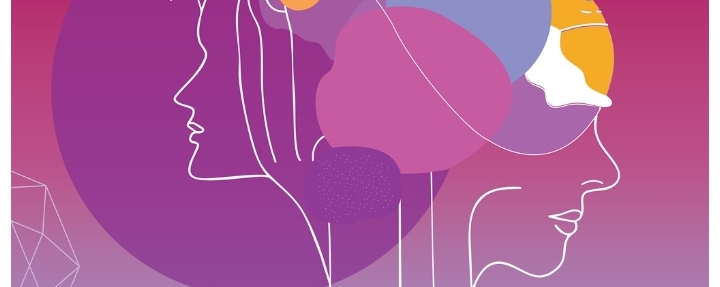The World Health Organization (WHO) has raised concerns over an increasing number of dementia cases among refugees and migrants, urging swift policy interventions to eliminate healthcare barriers.
Its latest report shared on 31 March, Dementia in Refugees and Migrants, underscores the need for inclusive health strategies, improved diagnosis, and better support structures.
Dementia, is a term for several diseases that affect memory, thinking, and the ability to perform daily activities says WHO.
About 57 million individuals globally suffers from dementia, with nearly 10 million new cases diagnosed yearly.
Marked as the seventh leading cause of death, it significantly impacts older adults, causing severe disability.
Read Also: Shingles Vaccine Reduces Dementia Risk by 20%, Study Suggests
With no proven cure, it is said that early diagnosis, physical activity, and certain medications can help manage symptoms. However, marginalized groups, including refugees and migrants, often struggle to access necessary care.
Refugees and migrants with dementia encounter additional challenges such as restricted access to culturally appropriate healthcare, disrupted support systems, and the psychological toll of displacement.
A lack of specialized training among healthcare providers further contributes to underdiagnosis and insufficient treatment.
With forced displacement rising due to conflict, economic struggles, and climate change, the number of elderly refugees is increasing, yet dementia remains largely unaddressed in health policies.
Dr. Santino Severoni, Director of WHO’s Department of Health and Migration, emphasized: “Refugees and migrants have the same right to health as everyone else, yet too often face systemic barriers to care. Urgent action is needed to ensure timely diagnosis, effective treatment, and appropriate support.”
Similarly, Dr. Dévora Kestel, Director of WHO’s Department of Mental Health, Brain Health, and Substance Use, stated: “health systems and emergency responses to be equipped to address the unique barriers these populations face in accessing timely and appropriate dementia care.”
WHO calls on governments to incorporate dementia care into public health and migration policies.
Key recommendations include integrating refugees and migrants into national dementia strategies, launching awareness initiatives, developing culturally responsive dementia prevention programs, and improving access to diagnosis and treatment.
Further steps involve training healthcare professionals, providing support for caregivers, enhancing data collection efforts, and prioritizing research on dementia within displaced populations.
This report, created by WHO’s Health and Migration Department in collaboration with the Department of Mental Health, Brain Health, and Substance Use, is part of the Global Evidence Review on Health and Migration (GEHM) series.

